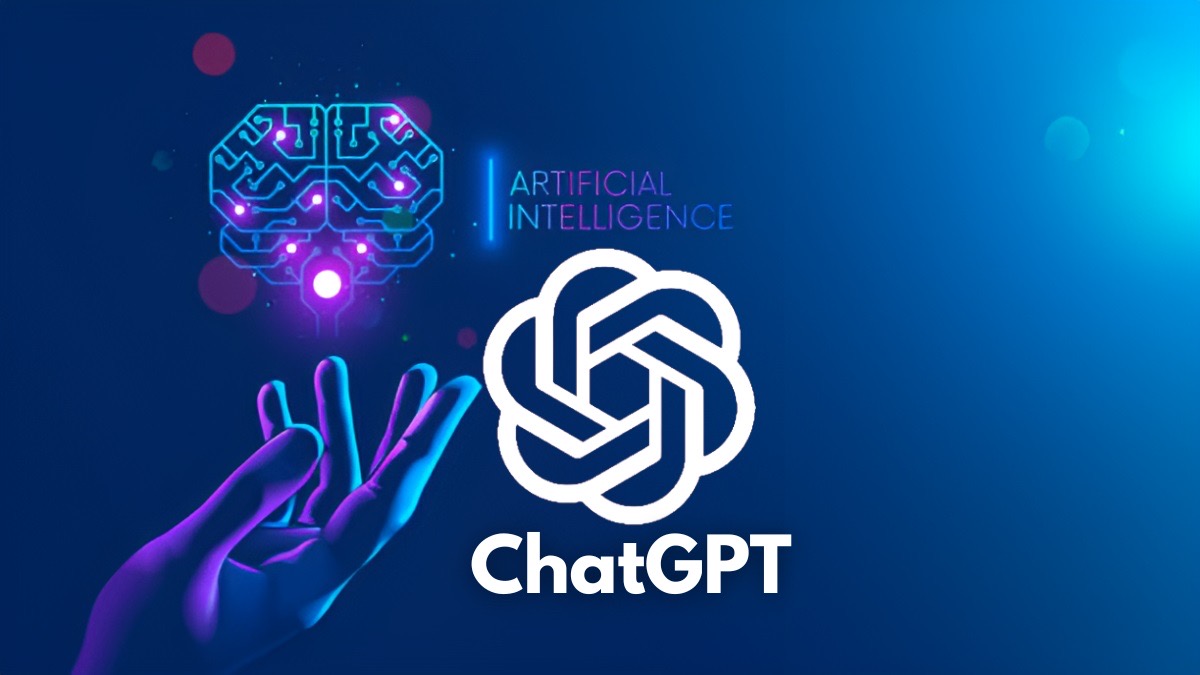Introduction
In recent years, the field of Artificial Intelligence (AI) has witnessed remarkable advancements, with one of the most impressive breakthroughs being the development of language models like ChatGPT. Created by OpenAI, ChatGPT is an innovative and versatile AI model that has revolutionized the way we interact with machines. In this blog post, we will explore the capabilities of ChatGPT and discuss its potential impact on various industries and daily life.
Understanding ChatGPT
ChatGPT is an advanced language model based on the GPT-3.5 architecture, capable of generating human-like responses in real-time conversations. It has been trained on a vast corpus of text data, encompassing diverse topics and genres, enabling it to understand and generate text in a wide range of contexts.
Natural Language Processing
One of the most significant achievements of ChatGPT is its ability to understand and process natural language. Unlike previous chatbots that relied on predefined responses, ChatGPT employs deep learning algorithms to analyze input text, comprehend its meaning, and generate relevant and coherent responses. This breakthrough in natural language processing (NLP) allows ChatGPT to engage in dynamic conversations and adapt its responses based on context.
Contextual Understanding
Context is crucial for meaningful conversations, and ChatGPT excels in this aspect. It can maintain context across multiple turns of a conversation, providing more coherent and contextually relevant responses. This contextual understanding enables ChatGPT to respond accurately to queries and follow-up questions, enhancing the conversational experience for users.
Applications in Various Industries
The applications of ChatGPT are vast and diverse, making it an invaluable tool for several industries:
- Customer Support: ChatGPT can revolutionize customer service by providing instant and personalized assistance. It can address customer queries, troubleshoot common issues, and even recommend products or services, significantly reducing response times and improving customer satisfaction.
- Content Generation: Content creation often requires extensive research and time-consuming efforts. ChatGPT can assist content creators by suggesting ideas, generating drafts, and providing relevant information on a given topic. This helps streamline the content creation process and enhances productivity.
- Language Translation: With its proficiency in natural language processing, ChatGPT can facilitate seamless language translation. It can understand the context of a conversation in one language and provide accurate translations in real-time, breaking down language barriers and fostering global communication.
- Education and Learning: ChatGPT can serve as a personalized tutor, offering explanations, answering questions, and engaging in interactive learning experiences. It can adapt to the learning pace and style of individual students, making education more accessible and tailored to their needs.
Ethical Considerations and Challenges
As remarkable as ChatGPT is, it also poses certain challenges and ethical considerations. Bias in language generation, the risk of malicious use, and the responsibility of developers in ensuring transparency and accountability are some of the issues that need to be addressed to harness the full potential of ChatGPT while maintaining ethical standards.
Conclusion
ChatGPT represents a significant milestone in the evolution of conversational AI. Its ability to understand and generate natural language responses has paved the way for improved customer support, content generation, language translation, and educational experiences. However, it is important to approach the use of ChatGPT with caution, addressing ethical considerations and ensuring responsible deployment. As this technology continues to evolve, we can expect even more exciting applications and advancements in the field of conversational AI, bringing us closer to a future where seamless human-machine interaction becomes the norm.
